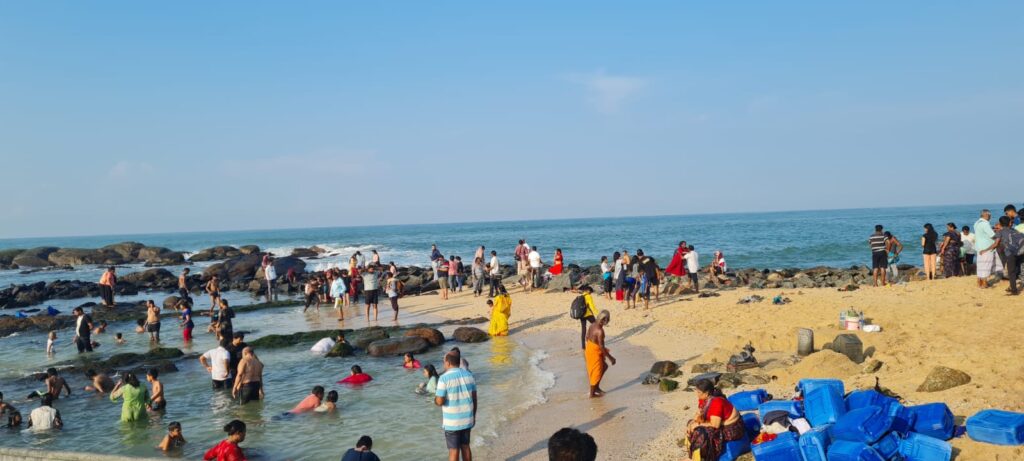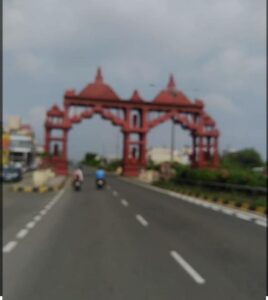Disturbing sight of beggars near Triveni Sangam, Kanyakumari
2 min read
By Varsha Sharma
Recently I had been to Kanyakumari, where near the Triveni Sangam I saw many beggars in pathetic conditions, some without limbs lying there in scorching heat waiting endlessly to be tended, it was a disturbing sight which brings in mind the question why not social organisations and the Tamil Nadu Govt taking any initiative in this regard.
In Indore MP where I reside, I have often seen NGOs and local people helping out the poor, taking them in their own vehicles to better places but unlike this, the locals at Kanyakumari seemed totally empathetic towards these beggars, which felt like some sort of Mafia has put those people there. This should be properly investigated.
While some beggars may be genuinely in need of assistance due to poverty, disability, or other reasons, others may be part of organized begging rackets.
One of the factors that contribute to the prevalence of roadside beggars in Tamil Nadu is poverty. The state has a large population living below the poverty line, which means that many people struggle to meet their basic needs such as food, shelter, and healthcare. For some individuals, begging may seem like the only option to survive.
Another factor that contributes to the presence of roadside beggars is the lack of social support systems. In many cases, beggars may not have access to social welfare programs or support from their communities, forcing them to rely on begging as a source of income. Additionally, individuals with physical or mental disabilities may face discrimination and barriers to employment, leading them to beg for money instead.
While some people may choose to donate money or goods to roadside beggars out of compassion, it is important to consider the long-term implications of this practice. Giving money to beggars may provide temporary relief, but it may not address the root causes of poverty and inequality. Instead, supporting organizations and initiatives that work to provide sustainable livelihoods, education, and healthcare to marginalized communities may be more effective in addressing the issue of roadside begging.
In conclusion, roadside beggars in Tamil Nadu represent a complex social issue that is influenced by factors such as poverty, lack of social support, and discrimination. While it is important to show compassion towards those in need, addressing the root causes of begging through systemic change is essential to create a more equitable society for all individuals.







